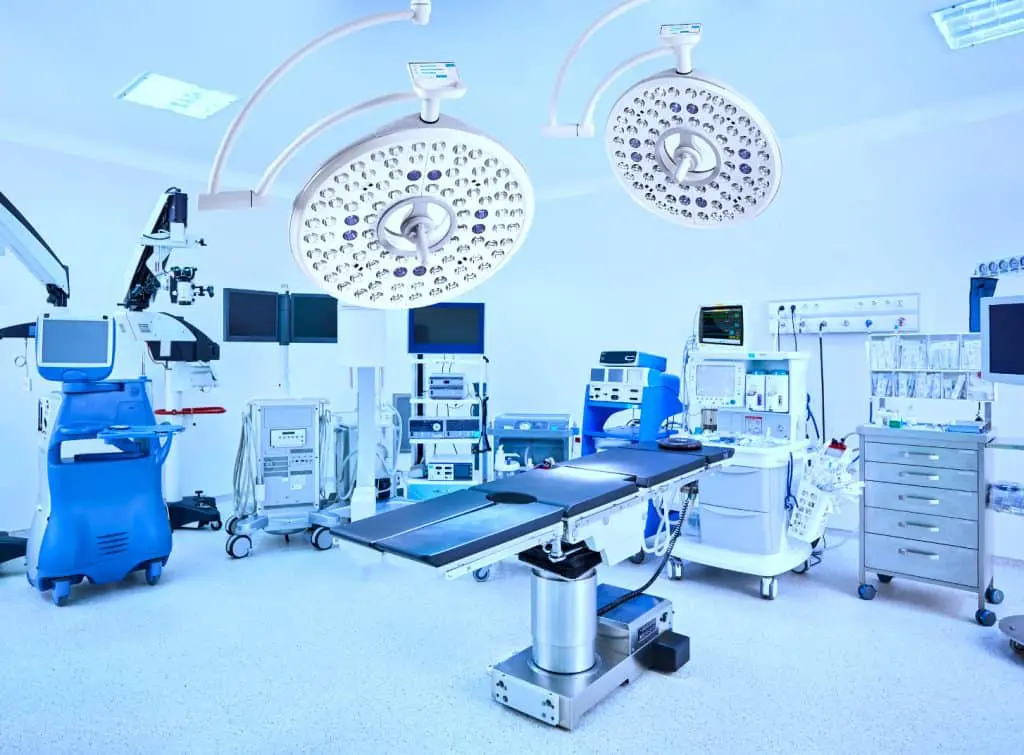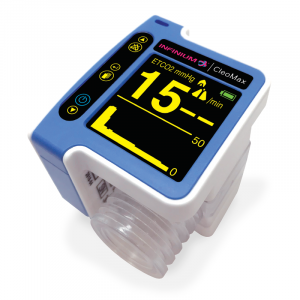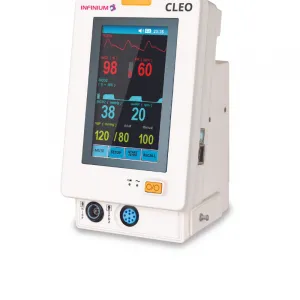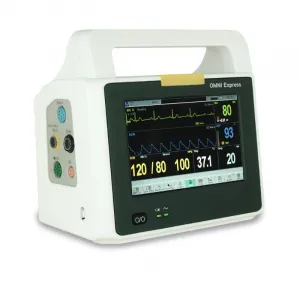Did you know that doctors have been putting the “now open” sign up for millennia? Medical practice and surgery have origins that trace back to at least 6,500 BCE. While the first practices and surgeries in history were quite crude and dangerous, over time and with significant amounts of trial and error, they were the foundation of today’s modern medicine.
We have made major strides and procedures done in 2022 have very high historical rates of success due to better education, training, infection control, medications, and last but not least, improvements in technology and medical devices.
If you are opening or expanding a medical practice, surgery center, or facility, it is a great time to evaluate the best vendors to supply medical equipment and devices that will impact your day-to-day operations and patient care. What should you consider when making the choice? Keep reading and learn more about it below.
Choosing A Medical Equipment Supplier When Opening Your Practice
Before you start worrying about how you should choose the right kind of medical equipment for your practice or facility, you should first choose a reputable medical equipment supplier. There are a wide variety of medical equipment suppliers that are well-known or will reach out directly to you. You can also find an endless number through Google searches, Amazon, Ebay, and a number of industry equipment ports. Not all equipment suppliers are created equally.
Some suppliers offer higher quality equipment than others. Some may also be more expensive or affordable than others. Whatever the case, it is important to find a supplier that not only provides equipment that fits your budget but also provides the features needed for your workflow and reliably stands the test of time.
For example, many people end up buying medical equipment from cheap suppliers just because the equipment is affordable. However, this may not be a good idea, especially if the supplier is not all that reputable. You might end up with equipment that doesn’t do what it’s supposed to do, that can’t be maintained, or is unreliable.
This would not only be a waste of money but it would also be dangerous to use that kind of equipment on your patients. Does this mean that you have to opt for the most expensive medical equipment supplier you can find? Not necessarily.
The Details
A good rule of thumb is to choose a supplier that is proven, has been in the market for over 5 years and can support their products. Next, you assess if the supplier can scale and operate at the same level of volume and patient care as your organization. Different providers have different risk profiles and different levels of care that they provide. A large hospital with fifteen busy operating rooms has different needs compared with a small center that does outpatient surgery or a dermatologist providing in-office consultation and minor procedures. Consider your budget, the type of care you provide, your daily workflow and operations, and then identify suppliers that fit your facility’s profile. Ideally, you find equipment that fits within that budget without having to compromise on quality or the features you need.
To make sure that a medical equipment supplier is reputable, you will want to do some research.
- How long have they been in business?
- Are they easy to locate and contact?
- Would you have a dedicated representative?
- Has ownership been stable?
- Do they have reputable products and reviews?
- If they are a manufacturer, do they have many recalls?
- Do they have any history on BBB?
- Do they have quality systems in place like ISO 13485:2016?
- What are their warranties and return policies like?
This, of course, can not only save you a lot of money but time and energy as well.
The Correct Functionality
Some pieces of medical equipment are designed for very specific purposes while some are much more general in nature. Either way, it is important to know if the equipment will do what you expect and will add value to your practice.
You don’t want to buy medical equipment only to find that it doesn’t do what you were hoping it would do. Ask your representative to explain the key features and if time allows consider requesting a demonstration geared to your specialization. That way, you will know exactly what a piece of equipment does before you buy it and you won’t be surprised or disappointed when it’s finally time to use it.
You will also want to make sure that your medical equipment does its job well. Some cheap versions of medical equipment might break down soon after using it. This, of course, would not be ideal when you’re in the middle of treating a patient. It also wouldn’t be good for your budget. You can learn a lot about equipment functionality by first researching the equipment supplier, as mentioned before. If a supplier has a history of producing faulty equipment, then you shouldn’t expect your purchase to be the exception.
Availability & Lead Times
Besides functionality, you should also keep availability in mind. When selecting medical equipment, the supplier you’re shopping from may not have the equipment you’re looking for. Often times the supplier will offer the product but may not have it in stock at the moment, could be a custom order, or only imports if a customer places the request. Be sure you understand the exact availability and lead times that meet your expectations. Start earlier in the process and you can avoid stressful and expensive negotiations later.
With larger items, depending on stocking and prep time, there could be 4 to 8-week lead times from manufacturers and suppliers. Unforeseen events like the 2020 pandemic can push well beyond those. In some cases, a supplier may be able to provide you with specific types of medical equipment in short order, in others not. It is best to plan ahead to give yourself more options and less stress.
Customer Satisfaction
Medical equipment suppliers are quite the same as other businesses in that they have a duty to satisfy their customers. A good medical supplier should do everything in its power to make sure you are happy with your purchase. If a supplier does not care about whether or not you are satisfied with your purchase, that supplier likely isn’t going to be very professional or reputable.
Such a supplier might not even sell high-quality medical equipment. To make sure that a supplier values the satisfaction of its customers, you should again do some research on the internet. After enough browsing, you will come across some reviews of previous customers and you should be able to read what they have to say.
You might even find entire forums talking about the quality (or lack of quality) of a certain medical equipment supplier. This will help guide you in choosing the best medical equipment and equipment supplier.
How to Choose the Best Medical Equipment for Your Business
Choosing the best medical equipment for your business doesn’t have to be an impossible task, but there are a few considerations you will need to think about. For one, you need to make sure that you choose the right medical equipment supplier. You will also need to make sure the equipment is functional and available and that the supplier cares about customer satisfaction.
To learn more about medical equipment, get a quote here.




